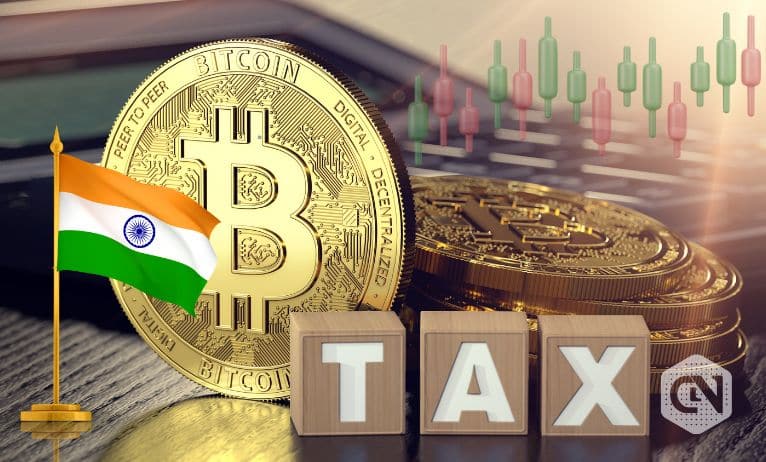Cryptocurrency in India is going through a process of legal identification. There is little surety if the country will legalize the digital currency considering that the digital rupee has started circulating in the market. An application of 1% TDS on the transfer of virtual digital assets worth more than ₹10,000/- has come under question by reports and experts.
A report by Chase India & Indus Law has said that the 1% TDS is causing a flight of capital and users, meaning that a large number of users are shifting either to a foreign exchange or an unregulated exchange in India. This is hurting the economy as India is missing out on a chance to collect more tax revenue.
Moreover, customers are suffering since unregulated exchanges are more likely to default by, for instance, halting withdrawal for no reason. Crypto exchanges in India see a fall in liquidity because high-frequency traders are now choosing to lock their funds instead of transferring them often to save money on TDS.
Chase India & Indus Law has also said in its report that the TDS factor, combined with the absence of comprehensive regulations, is increasing the customer base for foreign and gray market crypto exchanges. The objective of imposing TDS is to keep track of the crypto transfer. The same can be done with a lower TDS rate, adds the report.
Advertisement
A nominal TDS rate would not hurt frequent traders and allow the government to keep a trail of the transactions related to virtual digital assets. Higher usage of unregulated exchange platforms could very well be the breeding ground for criminal financing and other criminal activities.
According to the present taxation rule, an individual has to pay a 30% tax on withdrawing the crypto from the exchange along with 1% TDS.
Ashish Singhal, the Chief Executive Officer of CoinSwitch, believes that a tax of 30% on capital gains from investments in virtual digital assets comes without any provision for carry-forward loss. Ashish has further said that the taxes imposed, especially 1% TDS, has a compounding effect on traders, who are ultimately the source of liquidity in the market.
CoinSwitch is one of the largest crypto platforms in India, with over 19 million users. Its CEO wishes that the government takes measures to ensure that local users stick to the Indian brands instead of going to an exchange in another country. The crypto market is growing across the world. Ashish has suggested that India can become a more competitive market internationally if tax authorities allow the carry forward and set off losses incurred during the sale of virtual digital assets.
Ahead of the presentation of the budget, Ashish has noted that while the previous year’s budget recognized the popularity of virtual digital assets, this year’s budget should focus on bringing progressive taxation policies.
Advertisement
Every Indian crypto platform now has its eyes set on what the fiscal budget brings to the table for them, with Nirmala Sitharaman leading the charge as the Finance Minister of India.







